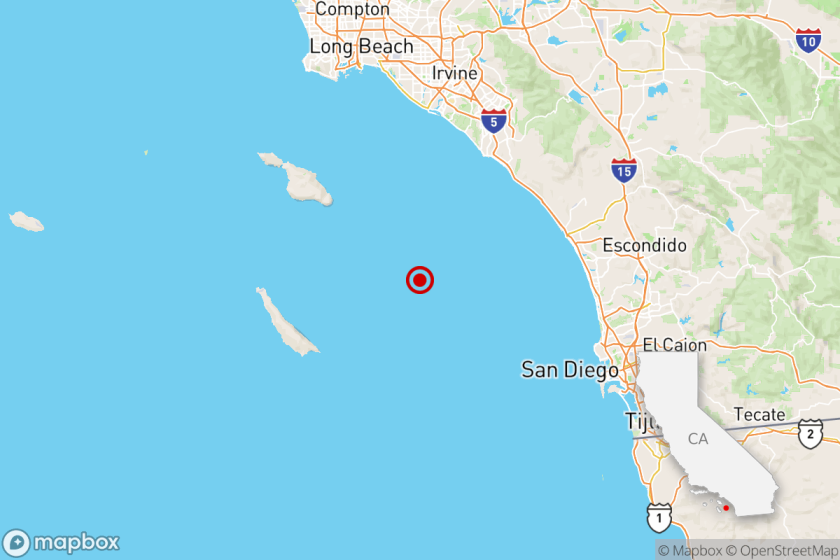OBITUARIES : C. Martin Duke; Key Figure in Study of Quakes
C. Martin Duke, a UCLA professor of engineering and applied science who for many years was a leading figure in earthquake research in the Southland, died Tuesday at a Newport Beach convalescent home of the complications of Parkinson’s disease.
The civil engineer who had overall responsibility for the report on the devastating San Fernando earthquake of 1971 was 70 and had retired from the university in 1980, moving to Orange County.
A UCLA spokesman said that Duke phoned Washington minutes after the Sylmar quake struck on Feb. 9, 1971, and received permission to conduct a comprehensive study of the temblor and its aftereffects.
Months in the Field
Duke and his students spent months in the field, producing what was then the most massively documented report on any quake.
He said in an interview with The Times in 1975 that his study “proved anew that many older structures erected before the 1933 building codes went into effect . . . are the most hazardous.”
At that time there were still 40,000 such structures in Los Angeles County, mostly in the poor sections of the inner city.
An outgrowth of the study was Duke’s warning that lines carrying energy, water, traffic reports and other information to Los Angeles could be severed during a major shift of the San Andreas Fault. There were then no uniform standards for design and construction of those lifelines.
Joined UCLA in 1947
Duke joined the fledgling UCLA College of Engineering in 1947 after serving as an instructor at UC Berkeley, where he had graduated. In the early 1960s and ‘70s he served as acting dean of the college. From 1970 to 1974 he was president of the national Earthquake Engineering Research Institute and continued to perform his extensive field studies in many countries.
Duke, often honored by the American Society of Civil Engineers and other professional groups, is survived by his wife, Saga, a daughter and a brother.
More to Read
Sign up for Essential California
The most important California stories and recommendations in your inbox every morning.
You may occasionally receive promotional content from the Los Angeles Times.










